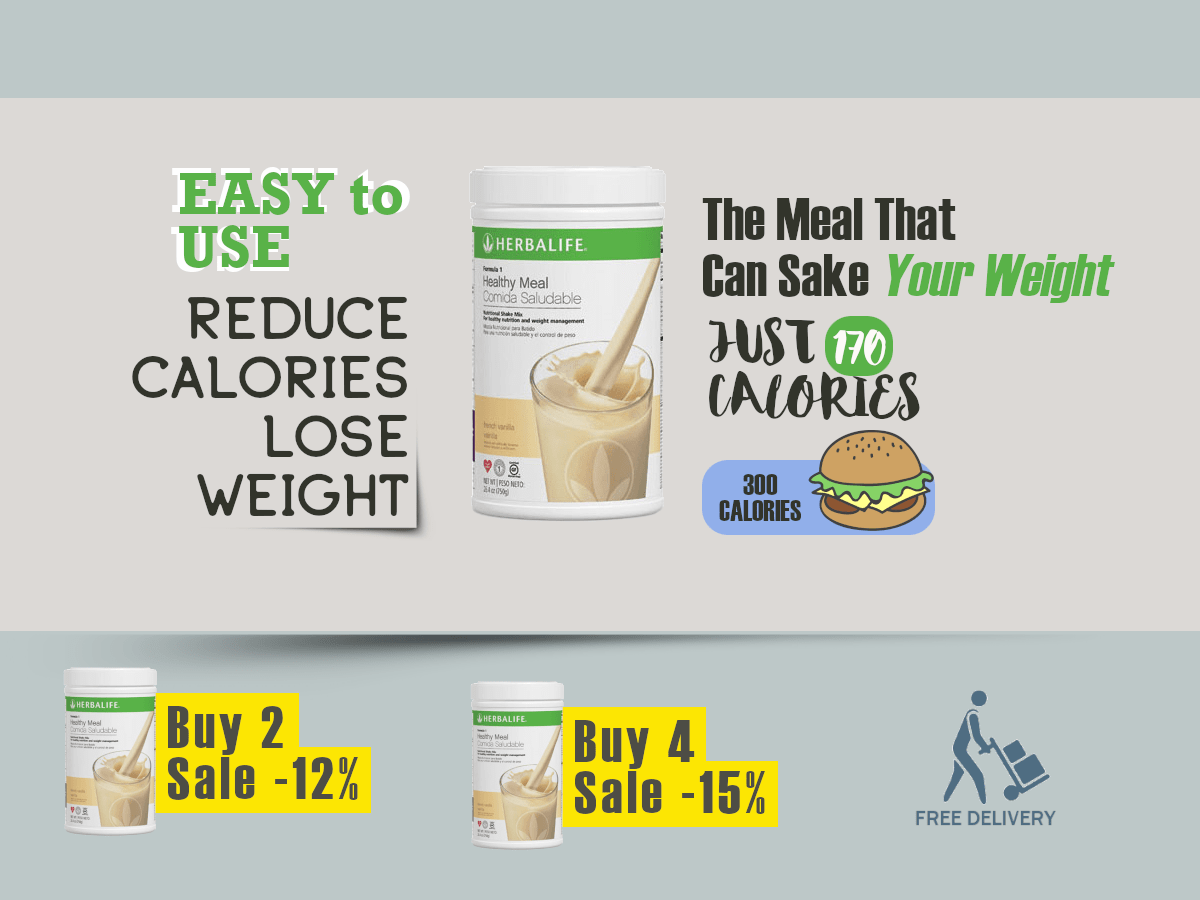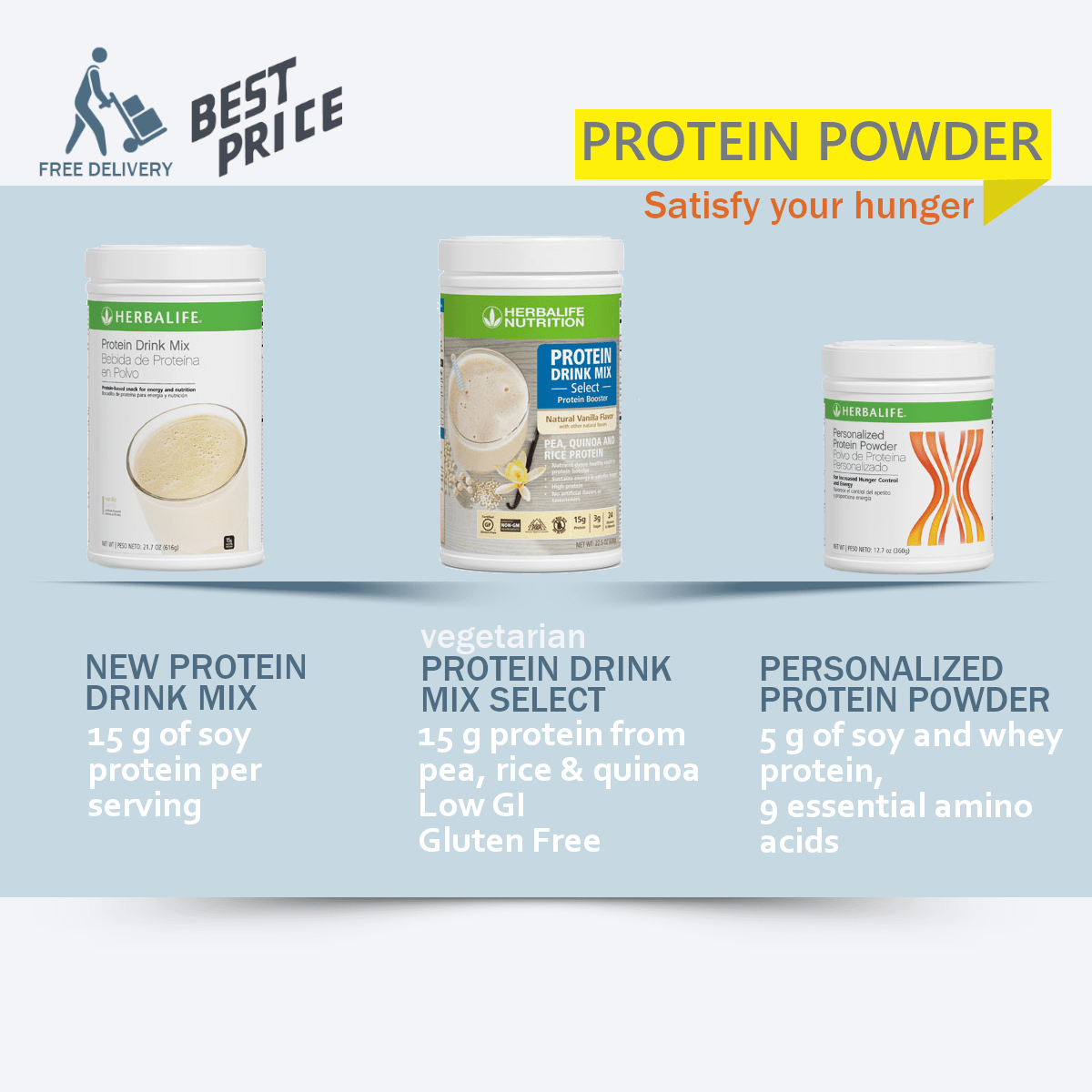Multivitamin Supplement: Do you need them?
Last Updated on by Sophie
Multivitamin Supplement: Do you need them?
We are health conscious and we try to take advantage of everything available to improve our health and live longer and better life. Multivitamin is a common dietary supplement in demand, it is the most frequently used supplement everywhere.
Dietary supplement has become an easy option for improving our health and using them has become common and part of our daily life. There is no doubt about health benefits of multivitamins; it is shown in many studies from reputable sources.
Multivitamin may help prevent premature birth. Danish researchers followed 35,897 pregnant women to find out the effect of Multivitamin supplement and they concluded that it may slash premature birth risk. Source
It is also reported daily intake of Multivitamins during pregnancy may help boost infant health, on average babies will be heavier by 500 grams if the mother takes the supplement daily. Source
In 2010 a study published in American Journal of Clinical Nutrition indicated that Multivitamin lowers heart attack risk in women who take the supplement daily.
Multivitamin may help also with weight loss in obese women a Chinese study found out that the supplement is associated with lowering body weight, fat and mass index
Multivitamins may help reduce cancer risk in cigarette smokers indicate a study supported by US National Cancer Institute. Source
Canadian research published in British Journal of Nutrition says multivitamin and minerals may help reduce appetite in women on weight loss program, and men on multivitamin has lower body mass index (BMI) compared to those who don’t consume the supplement daily.
Reading all the benefits that you may get from daily doses of multivitamin may entice you to start taking this dietary supplement, however if your daily diet is balanced you don’t need to take the pill, balanced diet means simply you take daily serving of vegetables, fruits, grains and protein, otherwise you need multivitamin dietary supplement to supply your body with vitamins and minerals that is not included in your daily diet.
Strict vegetarian and people not eating animal products benefit from multivitamin complex if these individuals not getting enough vitamin B-12, zinc, iron. Multivitamin supplement is preferred for people over age 65 as an easy way to get all needed minerals and vitamins in one pill.
It is also recommended for pregnant women and breast feeding mothers after gynecologist approval.
If you are considering using multivitamin supplement here is some advice:
- Try multivitamin that has no iron, although iron is recommended during pregnancy but too much of it can be toxic. If you are not suffering from iron deficiency try multivitamin supplement that has no iron.
- Multivitamin supplement that contains small amount of Vitamin B-6 is preferred. B-6 vitamin may help with lowering heart attack risk. Nutrition source for vitamin B-6 is poultry, fish, potatoes, lentils, soybeans, whole-grain food, nuts, seeds, carrots and bananas.
- You need adequate supply of Vitamin B-12 to reduce your risk of anemia, cardiovascular disease and heart stroke. As we age our body might not be able to absorb B-12 vitamin that is why ensuring that your supplement has at least 2 microgram of this vitamin. The only source of B-12 vitamin is animal foods, meat, poultry, eggs and dairy products. This vitamin is needed for red blood cell formation, nerve function and production of DNA. Some studies indicate vitamin B-12 might help in treating cardiovascular disease, high cholesterol, breast cancer and Alzheimer’s disease.
- Your multivitamin supplement should contain vitamin D which is important for our body to absorb calcium. Generally our body produce vitamin D when we expose our body to sunlight and it is important for building healthy bones, you can get vitamin D from fortified milk, fortified cereal and fatty fish such as salmon, mackerel and sardines. Studies show that older adults who take vitamin D supplement daily experience fewer falls.
If you have nutritional deficiencies then you may consider taking multivitamin supplements, keep in mind also that certain vitamins and minerals may not be good to be taken with prescribed medicine to avoid any health complications consult your doctor if you are on prescribed medicine.
As for children, these days parents choose to give their children multivitamin thinking that it is good for them, especially when kids are picky eaters. However kids not eating well does not mean they suffer from nutritional deficiencies.
Children common food available is fortified with necessary vitamins and minerals important for their healthy growth, so your child might be getting his need of multivitamin without you knowing, in general children don’t need large amount of vitamins and minerals as adults.
It is recommended that you seek medical advice before putting your children on multivitamin dietary supplements and if convinced that your children need the supplement makes sure you choose children supplement and not what is available for adults.
In general choose your dietary supplement from certified manufacturer that is approved by reputable healthy authority, look for multivitamin that contains all necessary vitamins and minerals and in right amount and remember getting too much is not always good for your health.
Avoid taking multivitamin with calcium supplement at the same time, if it contains iron as it will affect calcium absorption, in this case take your multivitamin supplement with food.


